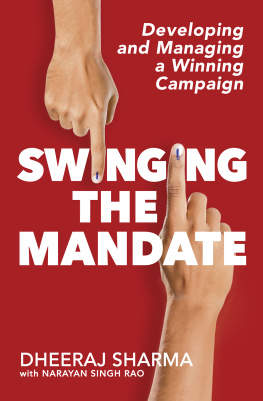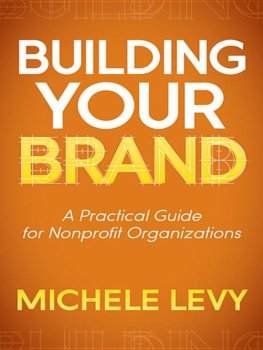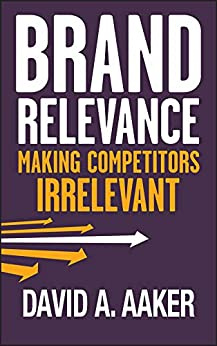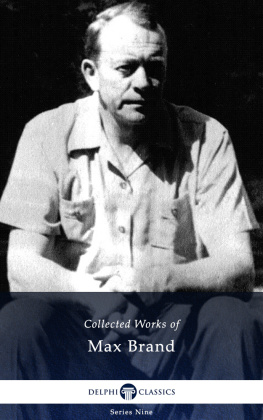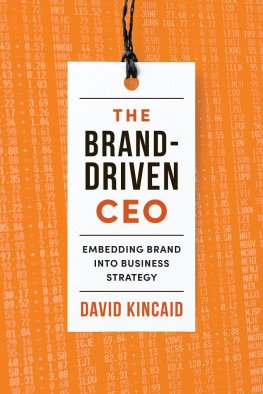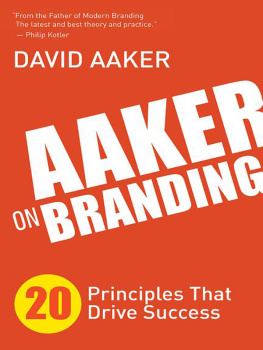D heeraj Sharma is a professor at Indian Institute of Management, Ahmedabad, and he is also its chair of marketing. Sharma earned his doctoral degree with a major in marketing and a double minor in psychology and quantitative analysis from Louisiana Tech University, USA. He has taught and presented research papers at numerous education institutions in North America, Europe and Asia.
Sharma has authored five books on marketing, consumer behaviour, B2B marketing management, cross-cultural research and leadership. He has four upcoming books on international business, sport marketing management, healthcare and talent management in India.
He has been involved in consulting projects with several multinational corporations. He continues to serve on boards and advisory boards of many organizations. His expert views have been cited in many major international newspapers.
To my father, Pran Nath Sharma, my mother, Sangeeta Sharma, my wife, Shveta Sharma, my daughter, Lavya, and my son, Girik.
1
CAMPAIGN MANAGEMENT AND ITS IMPORTANCE
Marketing Concept to Political Campaign: the 4Ps
George W. Bush is one of the most talked about political leaders in the recent times. Pew Research Center in Washington surveyed 350 Americans and 600 Non-Americans, asking respondents to complete the following sentence: George W. Bush appears to be _____. The goal of this survey was to ascertain what images are commonly associated with the former US president, and after analysing the collected data, they found that a majority of the respondents closely associated George W. Bush with being a cowboy, a southerner (a person hailing from the southern part of USA) and a farmer. Yet in reality, George W. Bushs family hails from New England, a Yankee region that is commonly contrasted with the American south. He was born in New Haven, Connecticut, and lived in the north-east for the duration of his education, earning his high school diploma and masters degree in Massachusetts and his bachelors degree in Connecticut. Why then is George W. Bush commonly perceived as a southerner?
The answer to the above quandary lies in the way his image was managed during his congressional, gubernatorial and presidential election campaigns, where he was presented as a rural countryman. He often spoke with a southern accent, publicized the fact that he lived on a ranch, used rural metaphors and did folksy things. By this definition, the AMA designated marketing as a mere business function, despite the popular argument that marketing encompasses numerous activities in a variety of disciplines and its definition should not be restricted to business management.
In his 1969 marketing is concerned with how transactions are created, stimulated, facilitated and valued. Since transactions are defined here simply as exchanges of value between two parties, this view is all encompassing and introduces an idea that we will carry forward: that marketing is not only confined to business firms, but also includes the marketing of people, places and ideas.
To achieve marketing objectives like maximizing profits, business firms use various tools to effectively target the identified segments, most often attempting to optimize and balance the 4Ps of marketingProduct, Price, Place and Promotion. From a consumers viewpoint such marketing tools are designed to deliver customer benefits which primarily include the following 4Cs:
- Customer solution
- Cost
- Convenience
- Communication
In the ambit of our discussion on political marketing, we will conceive of these 4Ps and 4Cs differently than one would from a conventional business marketing perspective. To clarify what is meant by each term in a political context, I will define them below.
- Product: The agenda and promises conveyed by the political parties or the candidates.
- Price: Defined in terms of the price for getting electoral support. Here the voter is the customer.
- Place: A substantial amount of strategic effort is required to convey the pertinent and unique message to the diverse set of voters spread across the length and breadth of the country.
- Promotion: As in the case of conventional marketing, promotion is the most visible part of political marketing and includes various activities such as rallies, advertising, billboards, door-to-door canvassing and other campaign activities.
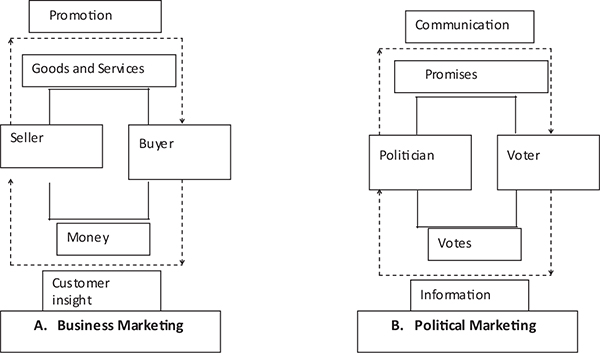
Source: Plasser, Fritz and Plasser, Gunda, Global Political Campaigning: A Worldwide Analysis of Campaign Professionals and Their Practices, New York: Praeger, 2002.
Political campaigning has changed a lot over the years. Previously considered merely to be the art of attracting voters by intuition and personal charm, political marketing has recently become a dynamic field. This metamorphosis from an art to partial science can be attributed to substantial growth in marketing research, growth of new dynamic digital media (most notably social media), development of big data analytics capabilities and professional agencies increasing involvement in political marketing activities.
Campaign Management in Action: Analytical Approach and Practices
Changing Campaign Practices
In an attempt to clarify the inherent changes in political campaign practices, Blumler
The first phase, starting after World War II (the new system became popular in the US, the UK and some other liberated countries in Europe), has been categorized as a Party Dominated Communication System, predominantly based on substantive messages, programmatic differences, a partisan press and group-based loyalties of voters. The second phase was media logic phase. This era of fast-paced news, improved communication and media coverage, which dawned in the 1960s, saw the advent of nationwide television as the dominant medium of political communication. In those days a new entrepreneurial profession entered the political marketplace: the political consultants, who specialized in strategic communication, image building, crafting television commercials and extensive survey research.
Currently the third phase is emerging: Interactive marketing phase. It is based on our understanding of Blumler and Kavanaghs work in 1999. This phase is characterized by channel and audience fragmentation, a multiplicity of news outlets, the advent of the Internet, growing professionalization of campaigns and the transformation of broadcasting into narrow-casted micro messages addressed to carefully targeted voter segments.
Dealing with changing campaign practices, Butler and Ranney (1981) and Wring (2001) have proposed a model to categorize the developments in campaign practices around the world, with their styles ranging from pre- to postmodern.
Why Do People Vote in India?
For political parties to be evaluated within the frameworks of management models, we must assume that a political party can be treated as a business entity and its potential voters treated as potential customers. The profits, which are monetary in the case of a business entity, take the form of power held by the virtue of the post, irrespective of the intentions of the person. (Intention of the person here means whether position holder serves in the interest of the voters or only satisfies his personal motives.) The political climate in India has always been volatile, with loyalties shifting to suit perceptions of the voters current needs. While all political parties claim to address the voters needs and desires, one party will rise above the clutter and differentiate itself, winning peoples confidence.

